The slate has been announced for the 2023 election of Trustees and Membership Advisory Council. Please click here to review the information and learn how to submit a nomination.
PhD position at Gent University
A novel combustion modelling approach for critical and transient phenomena in fire-driven turbulent diffusion flames: extinction, re-ignition, production of toxic species
See PDF flyer: https://iafss.org/wp-content/uploads/2025/07/PhD-position-in-Ghent-Belgium-.pdf
Motivation
Predictive modelling of compartment fires remains very challenging, due to the prohibitively wide spectrum of scales to be resolved in simulations of turbulent flames and two-way coupling of gas-phase combustion with gasification of combustible material. This project will advance both problems by developing, from revisited theory, a novel sub-grid combustion model (SCM) for unresolved gas-phase combustion phenomena in large-eddy simulations (LES). The SCM will be capable of capturing flame extinction and (re-)ignition accurately, enabling prediction of these critical transient phenomena in fires by inclusion of finite-rate chemistry. The novel SCM will be implemented in multiple software packages and validated against available experimental data. Its advantage over conventional models (infinitely fast chemistry) will be demonstrated. The SCM will be tested in a systematic manner for unconfined flames and then applied to predict transient development of under-ventilated enclosure fires. With respect to the latter, dynamics of burning rate will be thoroughly examined with and without full coupling between the gaseous flame and fuel gasification rate. While advancing the problem of gas-condensed fuel coupling, charring and non-charring combustible materials as well as liquid fuel evaporation together with complex heat and mass transfer will be considered, and the finite-rate chemistry effects in flaming combustion will be investigated. A new approach for production of toxic species (CO) in under-ventilated fires will be developed and validated.
Job description
You will be closely involved in implementation of the novel modelling concepts in commercial (ANSYS Fluent) and open-source (OpenFOAM and/or FDS) software and perform a very extensive and systematic CFD study, assessing and further developing the SCM. The flow chart gives an overview of the work packages.
Your profile
- You have an MSc degree in mechanical/thermal/chemical engineering or fire safety engineering.
- You have a strong interest in numerical simulations, combustion and fire modelling.
- You have proven experience in using ANSYS Fluent, with the ability to code and implement user-defined functions, or OpenFOAM, with the ability to modify existing and incorporate new code blocks.
- You have proven experience of numerical simulations in fluid dynamics, preferably in combusting flows and fires.
- You have good skills in written and oral communication in English.
- You are flexible, responsible and able to work independently as well as in a team.
What we offer
Ghent University (https://www.ugent.be/en) is one of the major universities in Belgium, and most of its activities take place in and around historic city of Ghent. You will work in an internationally well- recognized team with many years of experience in CFD simulations of fires. Project funding is guaranteed for the entire PhD period of 4 years.
How to apply
Submit your application via email before 21 July 2025 to Prof. Bart Merci (Bart.Merci@UGent.be), Dr. Georgios Maragkos (Georgios.Maragkos@UGent.be) and Dr. Alexander Snegirev (Alexander.Snegirev@UGent.be). Applications must include:
- A cover letter in which you specify why you are interested in the position and why you consider yourself a suitable candidate (800 words max).
- Your full CV, including a full transcript of records to date (complete degrees and grade lists).
- E-mail addresses of at least two reference persons.
Open position: Assistant Professor with a focus on Evacuation Safety
Lund University is looking for a Assistant Professor with a focus on Evacuation Safety.
The position is focused on research related to human behaviour and evacuation safety. The research can be done by theoretical and experimental studies but also by applying new techniques to support the development of knowledge about evacuation safety in the event of a fire. Studies of human behaviour are an important part of being able to describe expected events and also be able to predict probable actions in the event of a future accident. From an engineering perspective, the research is also about being able to describe how human behaviour can be influenced or controlled by different technical systems, different environmental designs, training or other organizational conditions, and knowledge of the individual’s abilities.
You find more information and can apply at: https://lu.varbi.com/en/what:job/jobID:827452/type:job/where:4/apply:1
Open position: Doctoral student in fire safety engineering with the focus on combustible facades
The PhD position is focused on research related to the protection of combustible facades, with particular emphasis on the fire performance of wood as a façade material and fire spread to and along vertical wooden surfaces. A central area of study is how surface geometry, such as internal corners and other shapes, affects fire spread.
The research includes both experimental studies at small and medium scales, as well as numerical modeling using CFD (Computational Fluid Dynamics) tools. The PhD candidate will also work on the development of simplified calculation models and the formulation of guidelines for designing combustible facades to reduce the risk of vertical fire spread.
The research is conducted in collaboration with the research institute RISE, where several fire tests related to the project are planned to be carried out. The position is based at the Division of Fire Safety Engineering at Lund University’s Faculty of Engineering (LTH).
Read more and apply here: https://lu.varbi.com/what:job/jobID:833334/
IAFSS Newsletter – Fire Safety Science News No 53
The June 2025 edition of the IAFSS Newsletter, the official newsletter of IAFSS is now available (Link for view and download).
Two PhD positions Available on Wildfire Risk in King’s College London
There are two PhD positions available. These PhD projects in fire science interlink prevention and prediction of wildfire risk, by contributing to the development of a fundamental physical model to understand the process of fire spread for wildfires, as part of a European Research Council grant (https://cordis.europa.eu/project/id/101161183 ).
Uncontrolled wildfires are a global phenomenon that are becoming more commonplace as changes in moisture and local temperature driven by climate change affect local fuel properties and ecosystems. Different vegetation distributions can lead to very different fire spread mechanisms, as well as different effects on structures. In these PhD projects the research will aim at quantifying some of these mechanisms for different wildfire scenarios. The project will likely require a combination of qualitative, quantitative and simulation methods.
Depending on the strengths and interests of the PhD candidates, the PhD projects will focus on some of the following aspects:
- The quantification of the fundamental physical and kinetic differences arising from different vegetation fire types such as crown fires, shrub fires, and smouldering fires.
- A methodology to link lab-scale and field-scale fires.
- Numerical model of ignition with a database of fuel properties for various geographical regions.
- A multi-physics model of the fluid dynamic and combustion interaction of fuels based on the effect of moisture, fuel distribution and fuel obstructions.
You will be part of an active research programme in the Heat and Fire Lab (https://heatandfire.github.io/ ) in the Department of Engineering under the supervision of Dr Francesco Restuccia. Our group is focused on carrying out experimental and computational multidisciplinary research in the thermal sciences covering heat transfer, combustion, fire science, and bioenergy. Our interests range from helping develop more efficient and durable energy storage to understanding the fundamentals of ignition and fire spread for prevention of damage to people, property, and the environment from unwanted fires in areas such as wildfire and electrification. Our current projects focus on wildfire dynamics, battery fires, thermal management of Lithium-Ion batteries, and ignition research.
Application Details:
To be considered for the position candidates must apply via King’s Apply online application system. Details are available at https://www.kcl.ac.uk/engineering/postgraduate/research-degrees
Please apply for Engineering Research (MPhil/PhD) and indicate Dr Francesco Restuccia as the supervisor and quote the project title in your application and all correspondence.
Please ensure to add the code [FIREMOD] in the Funding section of the application form.
Please select option 5 ‘I am applying for a funding award or scholarship administered by King’s College London’ and type the code into the ‘Award Scheme Code or Name’ box. Please copy and paste the code exactly.
The selection process will involve a pre-selection on documents and, if selected, will be followed by an invitation to an interview. Interviews will take place on a rolling basis with an expected start date of October 2025.
Further information can be found at https://www.kcl.ac.uk/study/postgraduate-research/how-to-apply
Funding Notes
Stipend: Tax-free stipend of approximately £22,780 p.a. with possible inflationary increases after the first year.
Bench Fees: Research allowance for consumables, conferences and travel.
Tuition fees: UK tuition fees 25/26 £7,500 per year or international tuition fees 25/26 £32,400 per year.
These tuition fees may be subject to additional increases in subsequent years of study, in line with King’s terms and conditions.
Note: A UKRI fully funded studentship will only cover what is listed above. Applications should be aware there may be other costs which will not be covered by the studentship, for example, visa fees, healthcare surcharge, relocation costs
Call for Application
Graduate Research Assistantships available in the FPE Department at UMD
The Department of Fire Protection Engineering (FPE) provides support for several Graduate Research Assistantships (GRAs) every year. The support is provided to outstanding, incoming Master of Science (MS) students, domestic or international, in the UMD FPE Department and is awarded on a competitive basis. The support goes to individuals who have already applied or will be applying to the FPE MS program. Incoming students are defined as students who intend to start their MS program in Summer 2025, Fall 2025, Winter 2026 or Spring 2026.
In 2025, we have the following opportunities:
- One John L. Bryan Award: this GRA Award is funded by the John L. Bryan endowment. The John L. Bryan Awardee is expected to complete his/her proposed research project under the supervision of members of the Faculty of the FPE Department. A requirement in the Award is that the Awardee agrees to serve as a Teaching Assistant (TA) for one course during each Fall and Spring term (1/2 TA position). The duration of the Award is up to 16 months.
- One or two UL Fellowships: these GRA Fellowships are funded by UL Fire Safety Research Institute (FSRI). The UL Fellows are expected to complete their proposed research project under the supervision of FSRI research engineers with advising/support from a member of the Faculty of the FPE Department. The duration of the Fellowship is up to 16 months. The research work is typically performed off-campus, at the FSRI office located in Columbia, MD; some of the work could involve travel (which would be supported by UL).
- One FRA Fellowship: this GRA Fellowship is funded by Fire Risk Alliance (FRA). The FRA Fellow is expected to complete his/her proposed research project under the supervision of FRA research engineers with advising/support from a member of the Faculty of the FPE Department. The duration of the Fellowship is up to 16 months. The research work is typically performed off-campus, at the FRA office located in Rockville, MD; some of the work could involve travel (which would be supported by FRA).
Identification of a research project is welcome but is not required during the application process. The research project will be defined by members of the FPE Faculty (John L. Bryan Award), or by engineers from UL FSRI (UL Fellowships) or from FRA (FRA Fellowship) in collaboration with members of the FPE Faculty.
Interested applicants should provide a one-page statement of purpose explaining their interest in the FPE MS degree program in general and in fire research in particular. Applicants should indicate which GRA opportunity they are applying for (i.e., for the John L. Bryan Award and/or a UL Fellowship and/or a FRA Fellowship). Applicants should also provide an updated résumé and (official or unofficial) copies of transcripts. Applications should be submitted via email to Dr. Arnaud Trouvé, Professor and Chair in the FPE Department (atrouve@umd.edu). The deadline for application is Friday February 28, 2025. Decisions on applications will be made by Selection Committees made up of members of the FPE Faculty and engineers from UL FSRI (UL Fellowships) or from FRA (FRA Fellowship). Decision will be made in early March.
Because of a possible delay between the time of the announcement of the Award and Fellowships (March 2025) and the start of the MS program (possibly as late as Spring 2026), changes to the original plan submitted by the GRA recipients may be allowed (e.g., changes in the proposed research area, the start date of the MS program, etc); in that case, changes need to be authorized by the Chair of the FPE Department.
Japanese and African Researchers Join Forces to Tackle Wildfire Threats
Visiting Professor at Tohoku University, Samuel Manzello, has a rich and accomplished history in fire combustion research. He invented the first firebrand generator, which allows researchers to replicate the behaviour of wildfires in laboratory settings. This February, he will lead a training session for researchers from South Africa and Botswana, aiming to boost the local community’s resilience against wildfires.
See more details at https://www.tohoku.ac.jp/en/news/university_news/japanese_and_african_researchers_join_forces_to_tackle_wildfire_threats.html

Prof. James G. Quintiere, a legend in fire safety science and engineering, dies at age 84
It is with great sadness that we share the news of the passing of our former colleague, close friend and mentor, Prof. James (Jim) Gennaro Quintiere (05/05/1940-23/12/2024).

Jim received a Ph.D. degree in Mechanical Engineering from New York University in 1970 with a thesis entitled “An Analysis of Natural Convection between Finite Vertical Parallel Plates.” During his Ph.D., Jim already showed the traits that have come to characterize many of his scientific contributions: using approximate analytical methods to solve complex mathematical problems of great practical importance. His PhD was sponsored by the National Aeronautics and Space Administration (NASA) and was the beginning of a long association with that agency. After completing his PhD, Jim started his career in fire engineering at the Center for Fire Research of the National Bureau of Standards (NBS; in 1988, NBS became the National Institute of Standards and Technology, NIST). Here he rose through the ranks to become Group Leader and then Division Chief. He led NBS through what became one of the most productive periods for fire research. From defining a theoretical framework for material flammability (that led to ASTM-E-1321) to developing practical criteria for flashover through the McCaffrey, Quintiere & Harkleroad (MQH) correlation, Jim not only touched on almost every subject pertaining to fire safety during his time but also was at the center of an impressive research activity that found his name associated to many of the people who are considered today as the forefathers of fire and combustion science. In 1990, Jim joined the Faculty of the Department of Fire Protection Engineering at the University of Maryland (UMD) with a mission to bring fire science to the growing teaching and research activities of the department. He became John L. Bryan Professor in 2000 and retired with the title of Professor Emeritus in 2012. After his retirement from the University of Maryland, Jim remained active in fire research through his close collaboration with the fire research team of the Federal Aviation Administration (FAA) Technical Center located near Atlantic City, New Jersey, and with his colleagues at UMD and NASA. During the past few years, Jim’s enduring interest in fire research was further demonstrated by his participation in a NASA-sponsored project on a “burning emulator,” a project that he started in collaboration with his colleagues at UMD, and that led to a series of experiments conducted in the International Space Station (ISS).
Jim has an outstanding record as a scientist, as a teacher and as an engineer. Throughout his career, Jim has been a strong advocate for building the discipline and the practice of fire safety engineering on renewed foundations set by fire science. He is well known for pioneering ground-breaking experimental work aimed at revealing fire phenomenology as well as for developing theoretical analysis aimed at providing a mathematical/physical framework to understand and predict fire dynamics. He is also well known for translating the results of his research work into methods and tools available for practicing engineers; he truly had a unique talent to connect the fundamental concepts displayed in fire problems with their practical application. Jim has authored or co-authored many influential textbooks used worldwide in fire safety engineering and fire investigation programs: “Principles of Fire Behavior” (1st edition published in 1997, 2nd edition published in 2016); “Enclosure Fire Dynamics” (co-authored with Bjorn Karlsson, 1st edition published in 1999, 2nd edition published in 2022); and “Fundamentals of Fire Phenomena” (published in 2006).
Jim was also one of the founding members of the International Association for Fire Safety Science (IAFSS), which organized the 1st International Symposium on Fire Safety Science in 1985. Jim was passionate about the need to establish a fire science community in support of fire engineering applications, the need to provide a home for this new scientific community at the international level, around the IAFSS and around shared publications and meetings, and the need to direct the IAFSS community to provide the relevant technical foundations for the practice of fire engineering. Jim delivered the Howard W. Emmons Invited Plenary Lecture, the highest award of the association, in 1986, and acted as Chair of the IAFSS from 1991 to 1997.
Jim’s many achievements have been repeatedly celebrated by the fire research community. He became a Fellow of the Society of Fire Protection Engineers (SFPE) in 1999 and a Fellow of the American Society of Mechanical Engineers (ASME) in 2004; he was awarded the Bronze and Silver Medals of the U.S. Department of Commerce in 1976 and in 1982, respectively, the Kunio Kawagoe Gold Medal from the IAFSS in 2011, the Sjölin Award from the International FORUM of Fire Research Directors in 2002 and again in 2023 with the FAA Team, the Arthur B. Guise Medal from SFPE in 2006, and the Rasbash Lecture Medal from the Institution of Fire Engineers (IFE) in 2008.
Jim’s understanding of fire reached a wider audience through his involvement with the fire investigation community. He not only participated in several high-profile forensic investigations related to fire, including the investigation of the Branch Davidian fire that occurred in 1993 near Waco, Texas, and the investigation of the collapse of the World Trade Center that occurred on 9/11 2001 in New York City, but also developed educational programs and was a regular speaker at many events globally.
Jim spent his final years at the shore in his home state of New Jersey, where he joined the Durning String Band (https://thedurningstringband.com) as a skilled accordionist and proudly marched with them at special events and each year in the Mummers New Years Day parade in Philadelphia. When Jim was not playing accordion with the Mummers or at local bars and restaurants, he conducted research for the Department of Transportation at the FAA Technical Center, socialized with friends and colleagues around the globe, developed and tested a handicapping system for horse racing, read voraciously, lectured at FAA intermittently, played golf occasionally, hosted lavish dinner parties (Jim always enjoyed debating with people on issues great and small), and took long walks on the beach at his ocean-front condominium in Margate.
The fire safety science and engineering community has lost one of its most enthusiastic, prominent and impactful members. The legacy of Jim Quintiere’s professional achievements, humanity, humor and friendship will stay with us forever.
Howard R. Baum (retired, formerly at the National Institute of Standards and Technology, Gaithersburg MD, USA)
Michael A. Delichatsios (Northeastern University, Boston MA, USA, and University of Science and Technology of China, Hefei, China)
John L. de Ris (retired, formerly at FM Global, Norwood MA, USA)
A. Carlos Fernandez-Pello (University of California Berkeley, Berkeley CA, USA)
Marc Janssens (Southwest Research Institute, San Antonio TX)
Richard E. Lyon (Federal Aviation Administration, Atlantic City International Airport NJ, USA)
Vladimir Molkov (Ulster University, Northern Ireland, United Kingdom)
Arnaud Trouvé (University of Maryland, College Park MD, USA)
Two PhD Opportunities at Worcester Polytechnic Institute (WPI)
See website (1) https://wpi.studentemployment.ngwebsolutions.com/jobxJobdetailPrint.aspx?JobId=4861&win=True, (2) https://wpi.studentemployment.ngwebsolutions.com/jobxJobdetailPrint.aspx?JobId=4862&win=True
(1) We are seeking a highly motivated PhD student to join our research team focused on enhancing the resilience of Wildland-Urban Interface (WUI) communities against wildfire threats. The successful candidate will be responsible for conducting data integration and classification of fire exposure scenarios, utilizing databases and literature to build a comprehensive framework for WUI fire shelter design. The student will actively participate in the design process of a tiered fire shelter system, integrating Hazard Mitigation Measures (HMM) and Fire Protection Engineering (FPE) principles. The candidate will assist with computational modeling using the Wildland Urban Interface Fire Dynamics Simulator (WFDS), validating the shelter designs through simulations and experimental data. The ideal candidate should have a strong background in fire dynamics, computational fluid dynamics (CFD), or related fields, with experience in data analysis and modeling. This is an excellent opportunity to contribute to cutting-edge research aimed at developing new standards for fire shelters in wildfire-prone areas. A Master’s degree in Fire Protection Engineering, Mechanical Engineering, or a related field is required.
(2) We are seeking a highly motivated graduate student to join our research group at Worcester Polytechnic Institute (WPI). The student will be conducting research on the topic “Near-field emissions and its relation to fire behavior”. The successful candidate will be responsible for conducting laboratory scale and field scale experiments (travel within U.S.) with the state-of-art measurement tools. The student will actively participate in the design and building of large-scale experimental setup for testing fire behavior. The student will collaborate with experts from federal agencies (USFS) and partner institutes (Univ. of Melbourne, UCLA etc.). The ideal candidate should have a strong background in the thermal sciences (fluid dynamics and heat transfer). This is an excellent opportunity to contribute to cutting-edge research aimed at understanding the fundamental coupling between fire behavior and emissions.

 Dr Natalia Flores-Quiroz is a researcher with experience in fire safety engineering. She worked for five years as a fire safety engineer in the mining industry before joining academia. She holds a MSc in fire safety from Ghent University, and her PhD focused on Fire investigations in Informal Settlements. Currently she is a lecturer at Stellenbosch University, where her main research areas are reconstruction of incidents in low-income settlements (i.e., informal settlements, refugee camps) and wildland urban interface (WUI) fires.
Dr Natalia Flores-Quiroz is a researcher with experience in fire safety engineering. She worked for five years as a fire safety engineer in the mining industry before joining academia. She holds a MSc in fire safety from Ghent University, and her PhD focused on Fire investigations in Informal Settlements. Currently she is a lecturer at Stellenbosch University, where her main research areas are reconstruction of incidents in low-income settlements (i.e., informal settlements, refugee camps) and wildland urban interface (WUI) fires.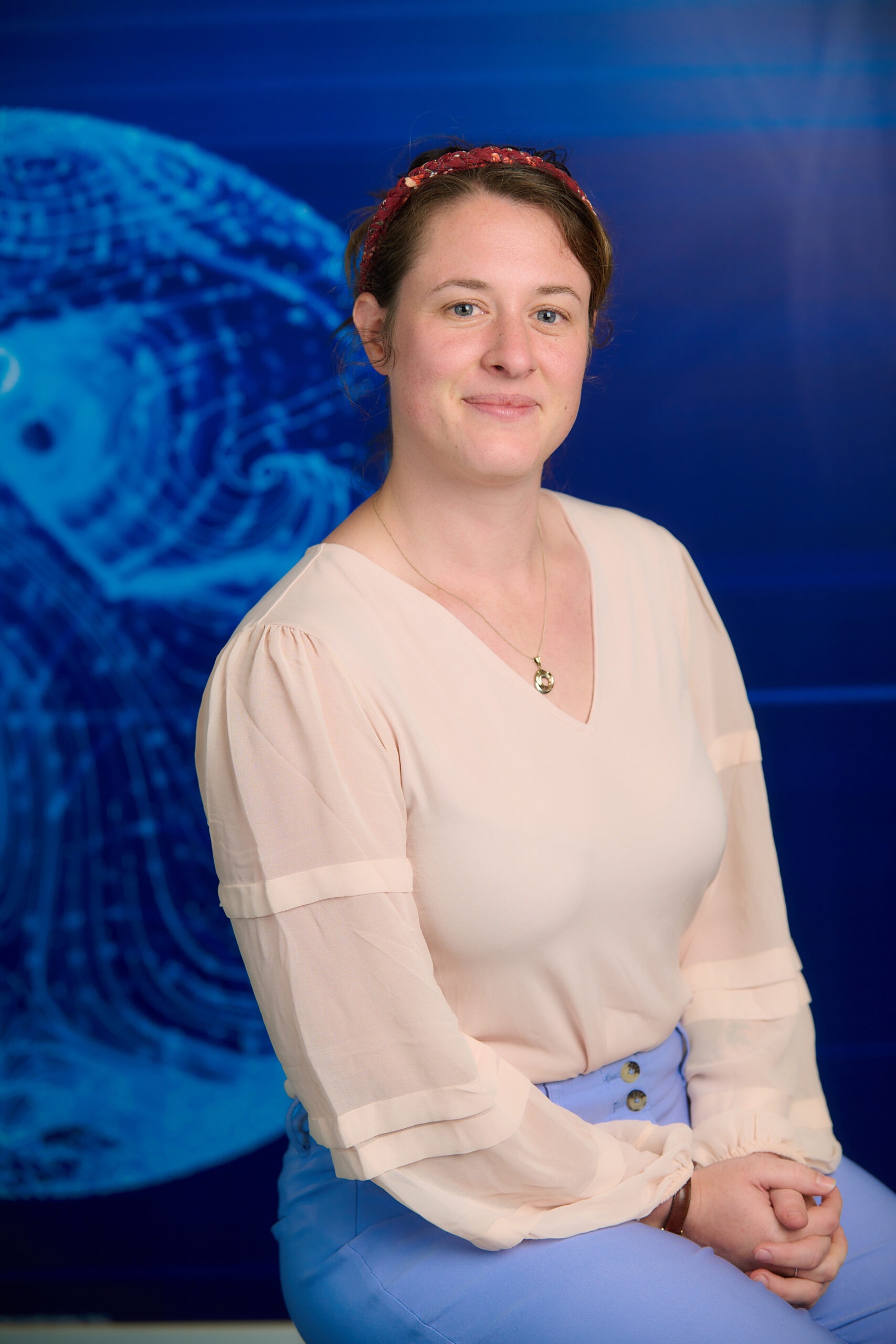 Bronwyn Forrest is a 3rd year PhD student at the University of Waterloo, conducting multi-disciplinary research investigating human physiological response to fire exposure. Bronwyn graduated in 2017 with a BSc. Honours Kinesiology and in 2020 with a MASc. Mechanical & Mechatronics Engineering (Heat Release Rate in Ventilation-Limited Furniture Fires) before merging her two degrees in her PhD research. As a senior graduate student in the Fire Research Group, Bronwyn spear-heads large-scale fire experiments, mentors junior graduate and undergraduate students, and has recently set-up a new ‘human exposure lab’ at the Fire Research Facility where she leads new research in that area. Since her induction into the world of fire science, Bronwyn has grown more and more passionate about the multi-faceted nature of emerging fire safety challenges. Through innovative research, she hopes to make meaningful contributions that help shape changes to fire safety over the course of her career.
Bronwyn Forrest is a 3rd year PhD student at the University of Waterloo, conducting multi-disciplinary research investigating human physiological response to fire exposure. Bronwyn graduated in 2017 with a BSc. Honours Kinesiology and in 2020 with a MASc. Mechanical & Mechatronics Engineering (Heat Release Rate in Ventilation-Limited Furniture Fires) before merging her two degrees in her PhD research. As a senior graduate student in the Fire Research Group, Bronwyn spear-heads large-scale fire experiments, mentors junior graduate and undergraduate students, and has recently set-up a new ‘human exposure lab’ at the Fire Research Facility where she leads new research in that area. Since her induction into the world of fire science, Bronwyn has grown more and more passionate about the multi-faceted nature of emerging fire safety challenges. Through innovative research, she hopes to make meaningful contributions that help shape changes to fire safety over the course of her career.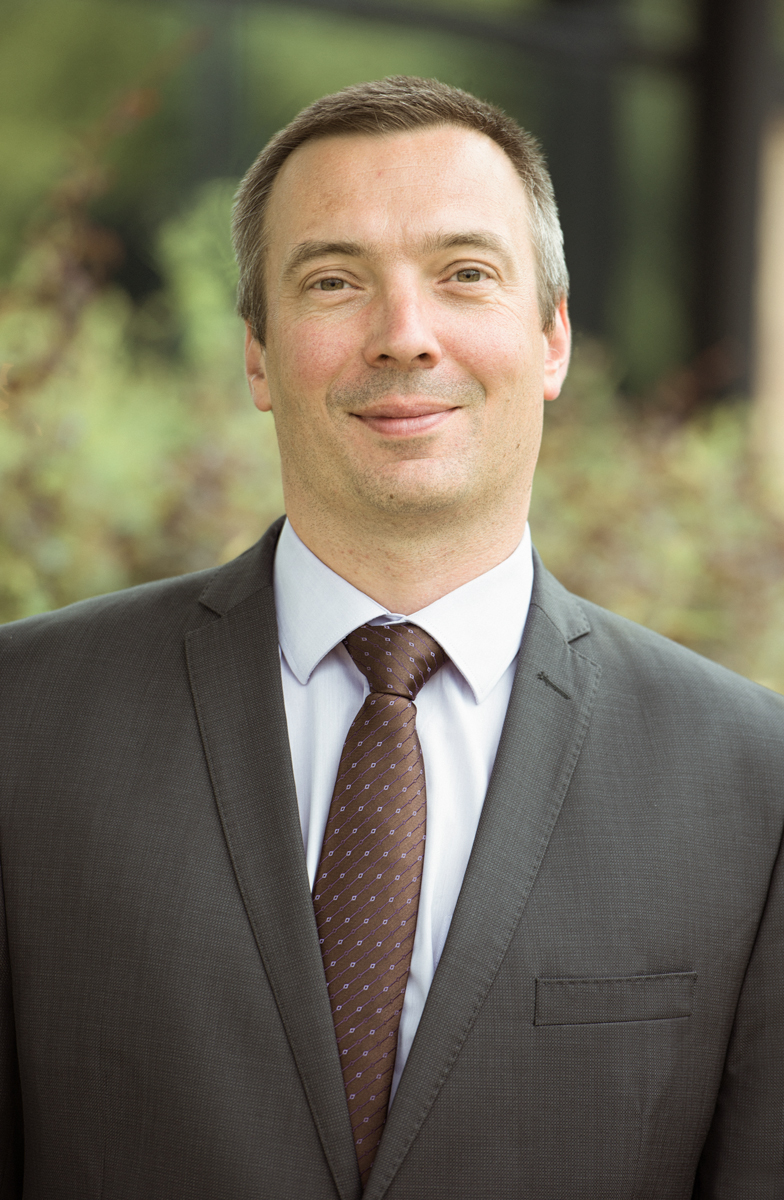 Dr. (HDR) Eric Guillaume has worked in fire sciences since 1998. He formerly led the fire behaviour department of SNCF (French Railway), then changed company in 2005 to join LNE (The French National Laboratory for Testing and Metrology) as head of Fire safety studies department, and later as head of research for whole testing activities of LNE. Nowadays (since 2015), he works for Efectis France, first as Technical Director and more recently as General Manager of the company, leading one of the most important fire testing and fire safety engineering companies in Europe (With approx. 180 people and 28 M€ turnover)
Dr. (HDR) Eric Guillaume has worked in fire sciences since 1998. He formerly led the fire behaviour department of SNCF (French Railway), then changed company in 2005 to join LNE (The French National Laboratory for Testing and Metrology) as head of Fire safety studies department, and later as head of research for whole testing activities of LNE. Nowadays (since 2015), he works for Efectis France, first as Technical Director and more recently as General Manager of the company, leading one of the most important fire testing and fire safety engineering companies in Europe (With approx. 180 people and 28 M€ turnover)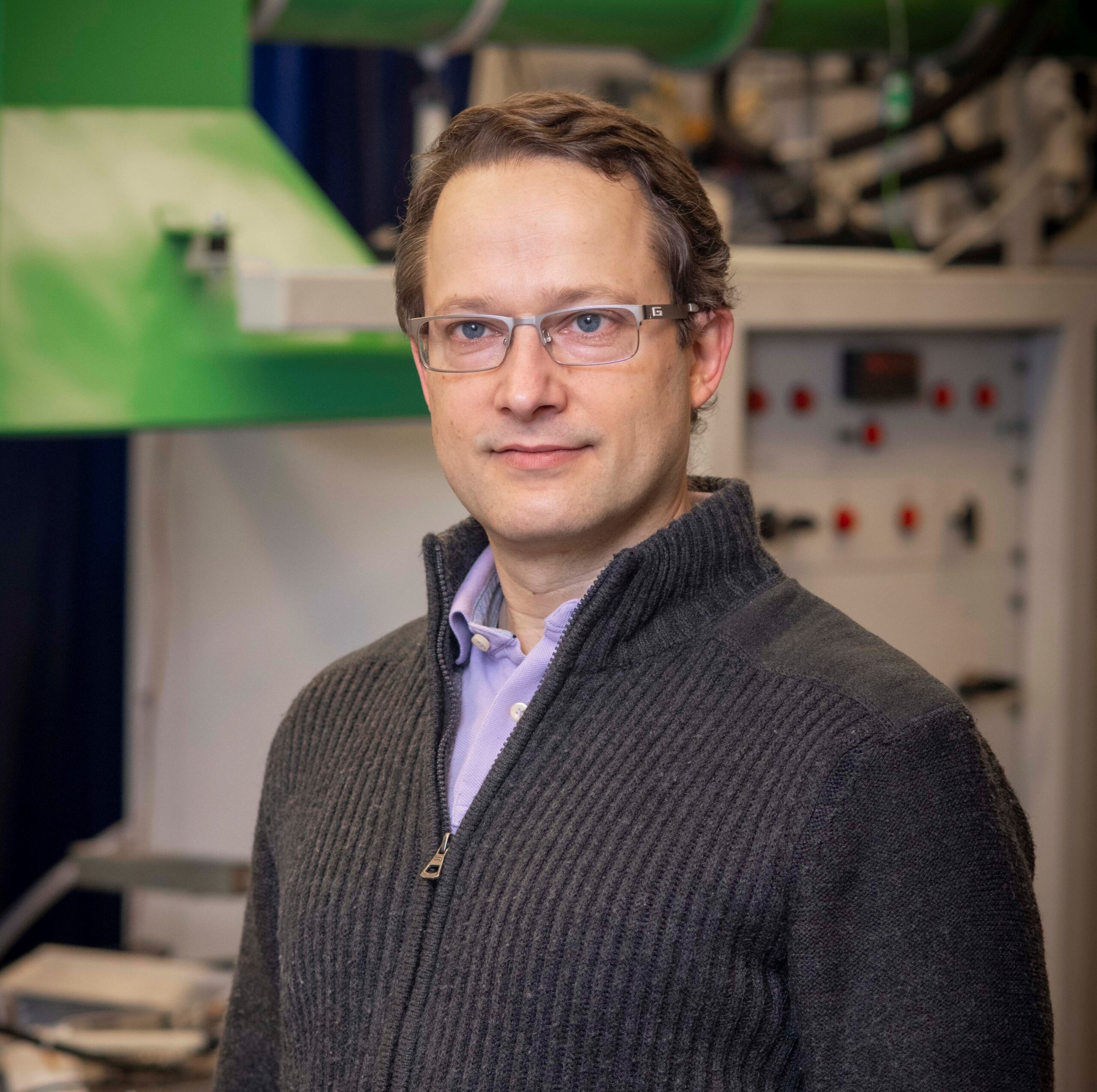 Dr. Albert Simeoni is Professor and the Department Head of Fire Protection Engineering at Worcester Polytechnic Institute (WPI). He is the WPI site director of the Wildfire Interdisciplinary Research Center (WIRC), an Industry-University Cooperative Research Center (IUCRC) of the National Science Foundation (NSF) in the United States. Dr. Simeoni has served IAFSS by being chair or co-chair of the Wildland Fire track (2014, 2020 and 2023), Co-chair of the Awards Committee for the Best Thesis Awards (2023), Associate-Editor of Fire Safety Journal (2010-2015), member of the Editorial Board of Fire Safety Journal (since 2016), and Contributing Editor of Fire Safety Science News (since 2011).
Dr. Albert Simeoni is Professor and the Department Head of Fire Protection Engineering at Worcester Polytechnic Institute (WPI). He is the WPI site director of the Wildfire Interdisciplinary Research Center (WIRC), an Industry-University Cooperative Research Center (IUCRC) of the National Science Foundation (NSF) in the United States. Dr. Simeoni has served IAFSS by being chair or co-chair of the Wildland Fire track (2014, 2020 and 2023), Co-chair of the Awards Committee for the Best Thesis Awards (2023), Associate-Editor of Fire Safety Journal (2010-2015), member of the Editorial Board of Fire Safety Journal (since 2016), and Contributing Editor of Fire Safety Science News (since 2011). Brian J. Meacham, PhD, PE (CT&MA), EUR ING, CEng (UK), FIFireE, FSFPE, is the Managing Principal of Meacham Associates. He develops risk-informed performance-based solutions to complex building and infrastructure challenges, provides peer-review services, and undertakes building and fire regulatory system studies. He also conducts research in these areas as well as in sustainable and fire resilient built environments and fire safety technologies. Brian has authored more than 300 publications, given more than 300 presentations and has been awarded more than $4M in research funding. His prior positions include Associate Professor of Fire Protection Engineering at Worcester Polytechnic Institute, Principal at Arup, Technical Director and Research Director at SFPE, and fire safety engineer in Europe and the USA. Brian is Chair of the ICC Performance Code Committee, Chair of the NFPA Technical Committee on Fire Risk Assessment Methods, Immediate Past Chair of the International Association for Fire Safety Science (IAFSS), a Past President of the SFPE, and a past Chair of the Inter-jurisdictional Regulatory Collaboration Committee (IRCC). He is a licensed Professional Engineer in CT and MA, a Chartered Engineer and Fellow of the Institution of Fire Engineers (UK), a registered European Engineer (EUR ING), a Fellow of the SFPE, and a Fulbright Global Scholar.
Brian J. Meacham, PhD, PE (CT&MA), EUR ING, CEng (UK), FIFireE, FSFPE, is the Managing Principal of Meacham Associates. He develops risk-informed performance-based solutions to complex building and infrastructure challenges, provides peer-review services, and undertakes building and fire regulatory system studies. He also conducts research in these areas as well as in sustainable and fire resilient built environments and fire safety technologies. Brian has authored more than 300 publications, given more than 300 presentations and has been awarded more than $4M in research funding. His prior positions include Associate Professor of Fire Protection Engineering at Worcester Polytechnic Institute, Principal at Arup, Technical Director and Research Director at SFPE, and fire safety engineer in Europe and the USA. Brian is Chair of the ICC Performance Code Committee, Chair of the NFPA Technical Committee on Fire Risk Assessment Methods, Immediate Past Chair of the International Association for Fire Safety Science (IAFSS), a Past President of the SFPE, and a past Chair of the Inter-jurisdictional Regulatory Collaboration Committee (IRCC). He is a licensed Professional Engineer in CT and MA, a Chartered Engineer and Fellow of the Institution of Fire Engineers (UK), a registered European Engineer (EUR ING), a Fellow of the SFPE, and a Fulbright Global Scholar.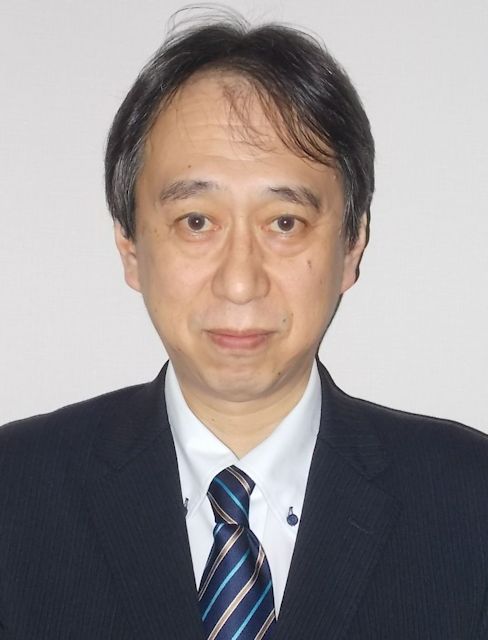 Kazunori Harada is a professor of architecture & architectural engineering at Kyoto University, Japan. He has a career in fire research for over 35 years. He has authored 14 IAFSS symposium papers. His expertise covers the fire resistance of construction materials, smoke movement and control, burning of combustibles in open and compartment, performance-based code & design of buildings and so on. He serves as a vice president of AOAFST, Asia-Oceania Association of Fire Science and Technology. He also serves as the Convenor of ISO/TC92/SC4 WG9, calculation methods for fire safety engineering (FSE), which develops calculation standards concerning FSE.
Kazunori Harada is a professor of architecture & architectural engineering at Kyoto University, Japan. He has a career in fire research for over 35 years. He has authored 14 IAFSS symposium papers. His expertise covers the fire resistance of construction materials, smoke movement and control, burning of combustibles in open and compartment, performance-based code & design of buildings and so on. He serves as a vice president of AOAFST, Asia-Oceania Association of Fire Science and Technology. He also serves as the Convenor of ISO/TC92/SC4 WG9, calculation methods for fire safety engineering (FSE), which develops calculation standards concerning FSE.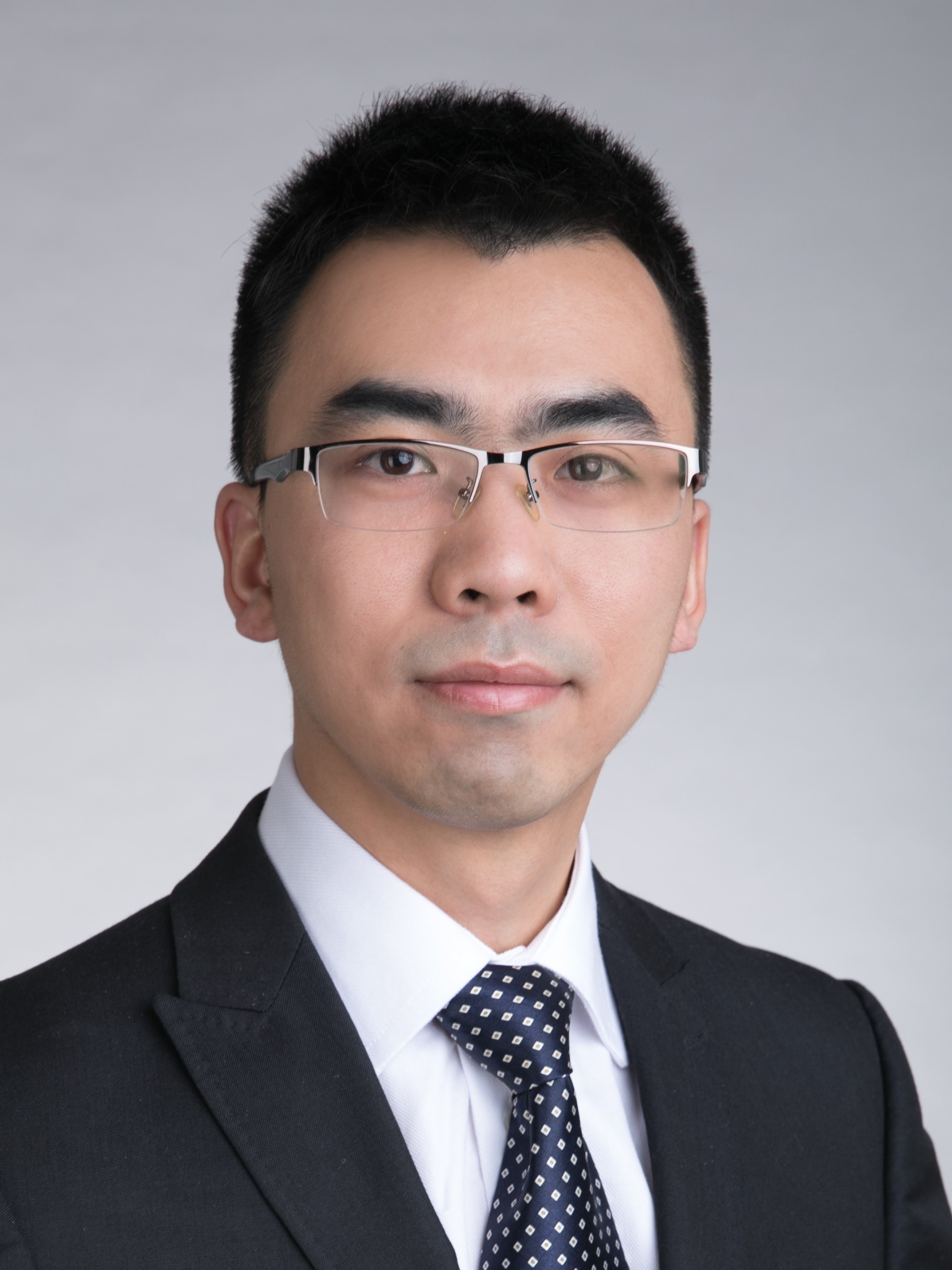 Dr Xinyan Huang is an Associate Professor at The Hong Kong Polytechnic University and the Deputy Director of the Research Centre for Fire Safety Engineering. He received his PhD from Imperial College London, MSc from UC San Diego, and BEng from Southeast University, and was a Postdoc at UC Berkeley. Dr Huang is a Combustion Scientist and a Fire Safety Engineer who has co-authored over 200 journal papers. He is an Associate Editor of Fire Technology and International Journal of Wildland Fire, an editorial member of J. Building Engineering, Fire Safety J. and Fire and Materials, a Chartered Building Services and Fire Engineer, a committee member for HK Fire Safety Code, and a Fire Expert for HK High Court. He receives the NSFC Excellent Young Scientists Fund, Bernard Lewis Fellowship and Sugden Best Paper Award from Combustion Institute, “5 under 35” and Bono Award from the Society of Fire Protection Engineers (SFPE).
Dr Xinyan Huang is an Associate Professor at The Hong Kong Polytechnic University and the Deputy Director of the Research Centre for Fire Safety Engineering. He received his PhD from Imperial College London, MSc from UC San Diego, and BEng from Southeast University, and was a Postdoc at UC Berkeley. Dr Huang is a Combustion Scientist and a Fire Safety Engineer who has co-authored over 200 journal papers. He is an Associate Editor of Fire Technology and International Journal of Wildland Fire, an editorial member of J. Building Engineering, Fire Safety J. and Fire and Materials, a Chartered Building Services and Fire Engineer, a committee member for HK Fire Safety Code, and a Fire Expert for HK High Court. He receives the NSFC Excellent Young Scientists Fund, Bernard Lewis Fellowship and Sugden Best Paper Award from Combustion Institute, “5 under 35” and Bono Award from the Society of Fire Protection Engineers (SFPE).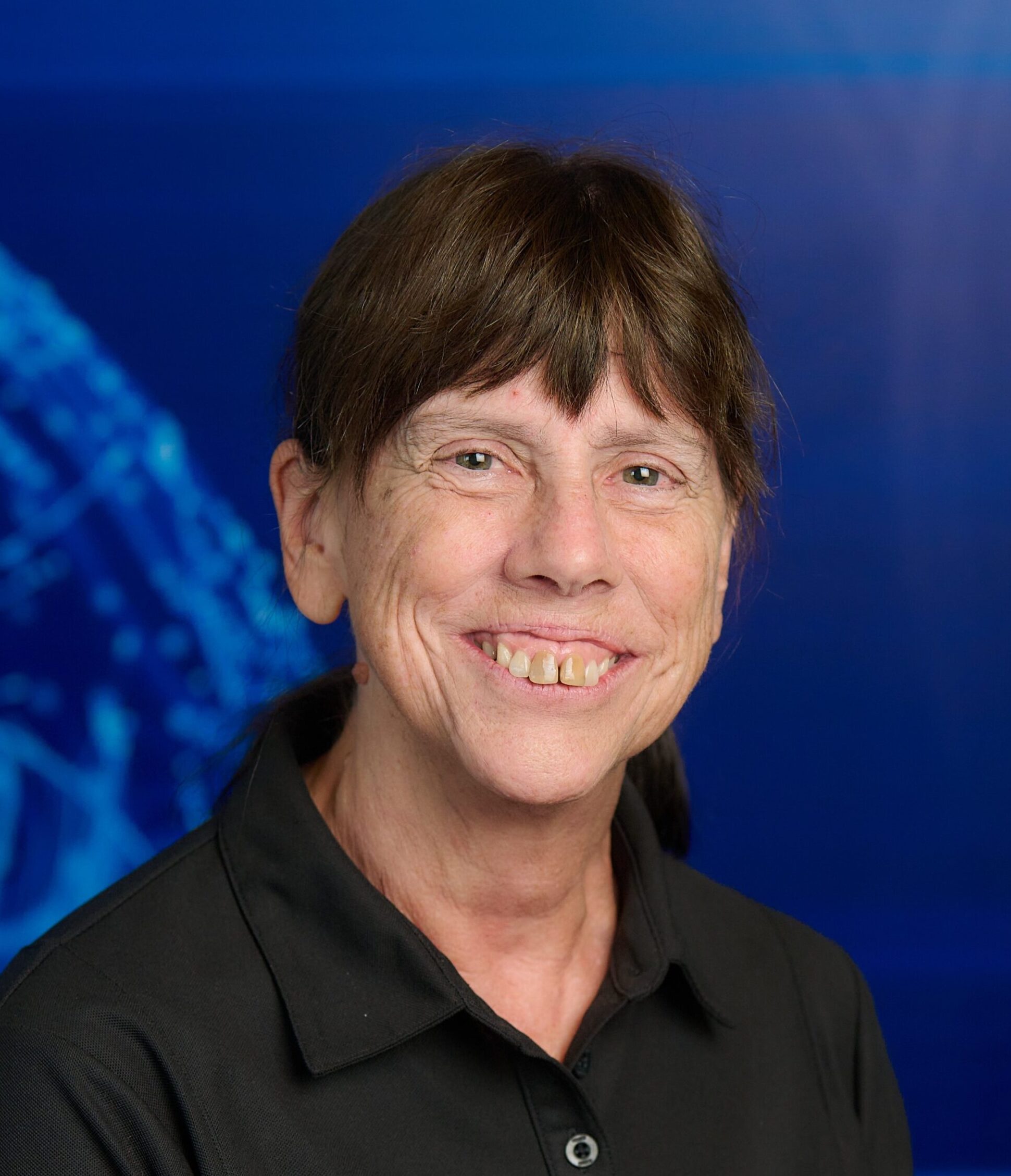
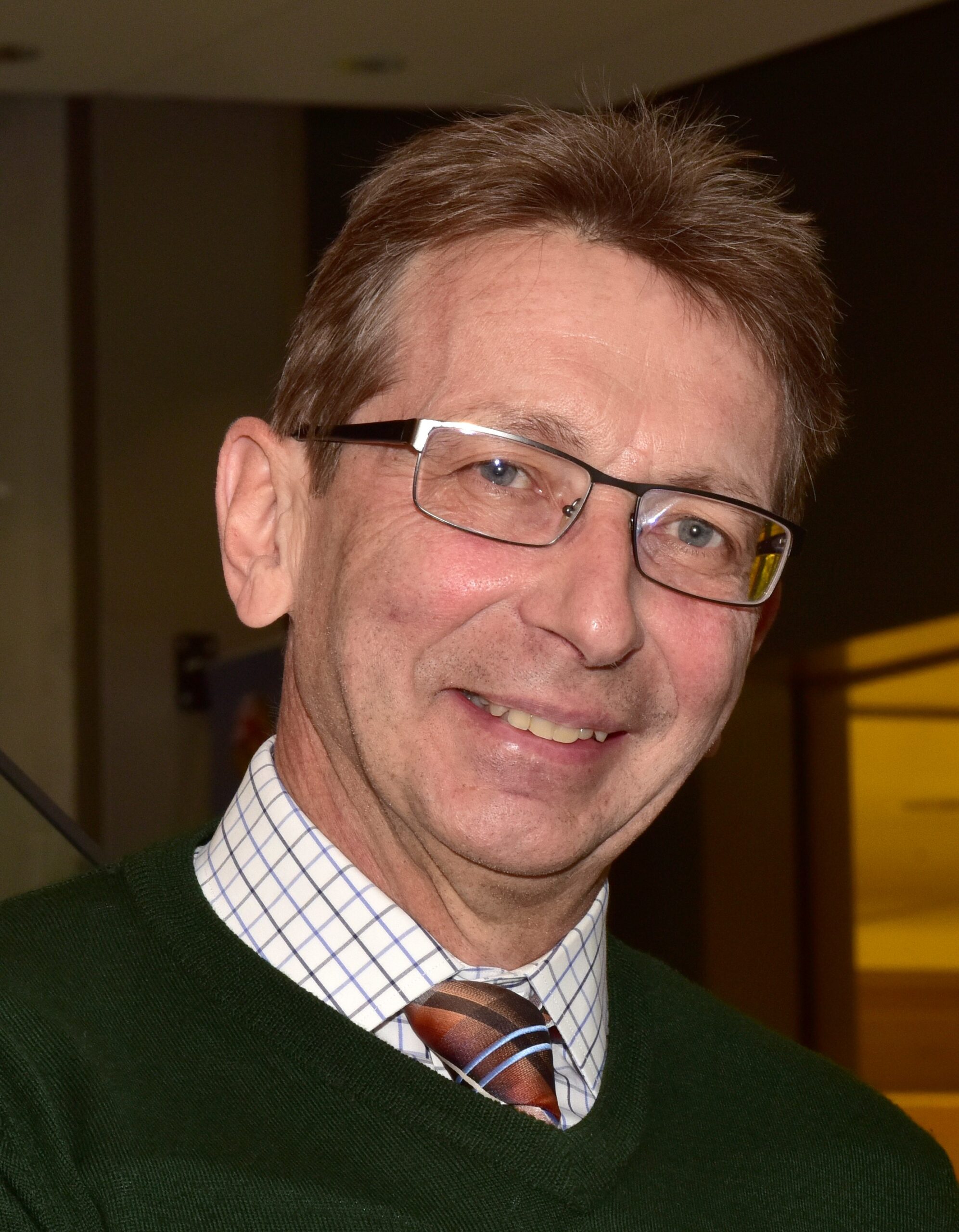 Arnaud Trouvé is Professor and Chair in the Department of Fire Protection Engineering at the University of Maryland in College Park, USA. He joined the Faculty in 2001 with a Ph.D. (1989) and Engineering Degree (1985) from École Centrale of Paris, France, and with previous experience as a combustion research engineer. Professor Trouvé’s research interests include fire modeling and Computational Fluid Dynamics (CFD); application of data assimilation to fire and combustion; and physical modeling of combustion- and fire-related phenomena, including compartment fires, wildland fires and explosions. Professor Trouvé is a Fellow of the Combustion Institute and the recipient of the 2017 FORUM Sjölin Award. He has served on the editorial boards of the Proceedings of the Combustion Institute, Progress in Energy and Combustion Science, Combustion and Flame, and Fire Technology, and is currently on the editorial boards of Combustion Theory and Modelling and the Fire Safety Journal. Professor Trouvé is also a past Chair of the US Eastern States Section of the Combustion Institute (ESSCI) and a past Member of the Executive Board of the International Association for Fire Safety Science (IAFSS). He is a co-Chair of a recent initiative endorsed by IAFSS and called the “IAFSS Working Group on Measurement and Computation of Fire Phenomena” (the MaCFP Working Group) and the past Chair of a new network of leading higher-education institutions and research laboratories in fire safety engineering called the International Fire Safety Consortium (IFSC).
Arnaud Trouvé is Professor and Chair in the Department of Fire Protection Engineering at the University of Maryland in College Park, USA. He joined the Faculty in 2001 with a Ph.D. (1989) and Engineering Degree (1985) from École Centrale of Paris, France, and with previous experience as a combustion research engineer. Professor Trouvé’s research interests include fire modeling and Computational Fluid Dynamics (CFD); application of data assimilation to fire and combustion; and physical modeling of combustion- and fire-related phenomena, including compartment fires, wildland fires and explosions. Professor Trouvé is a Fellow of the Combustion Institute and the recipient of the 2017 FORUM Sjölin Award. He has served on the editorial boards of the Proceedings of the Combustion Institute, Progress in Energy and Combustion Science, Combustion and Flame, and Fire Technology, and is currently on the editorial boards of Combustion Theory and Modelling and the Fire Safety Journal. Professor Trouvé is also a past Chair of the US Eastern States Section of the Combustion Institute (ESSCI) and a past Member of the Executive Board of the International Association for Fire Safety Science (IAFSS). He is a co-Chair of a recent initiative endorsed by IAFSS and called the “IAFSS Working Group on Measurement and Computation of Fire Phenomena” (the MaCFP Working Group) and the past Chair of a new network of leading higher-education institutions and research laboratories in fire safety engineering called the International Fire Safety Consortium (IFSC).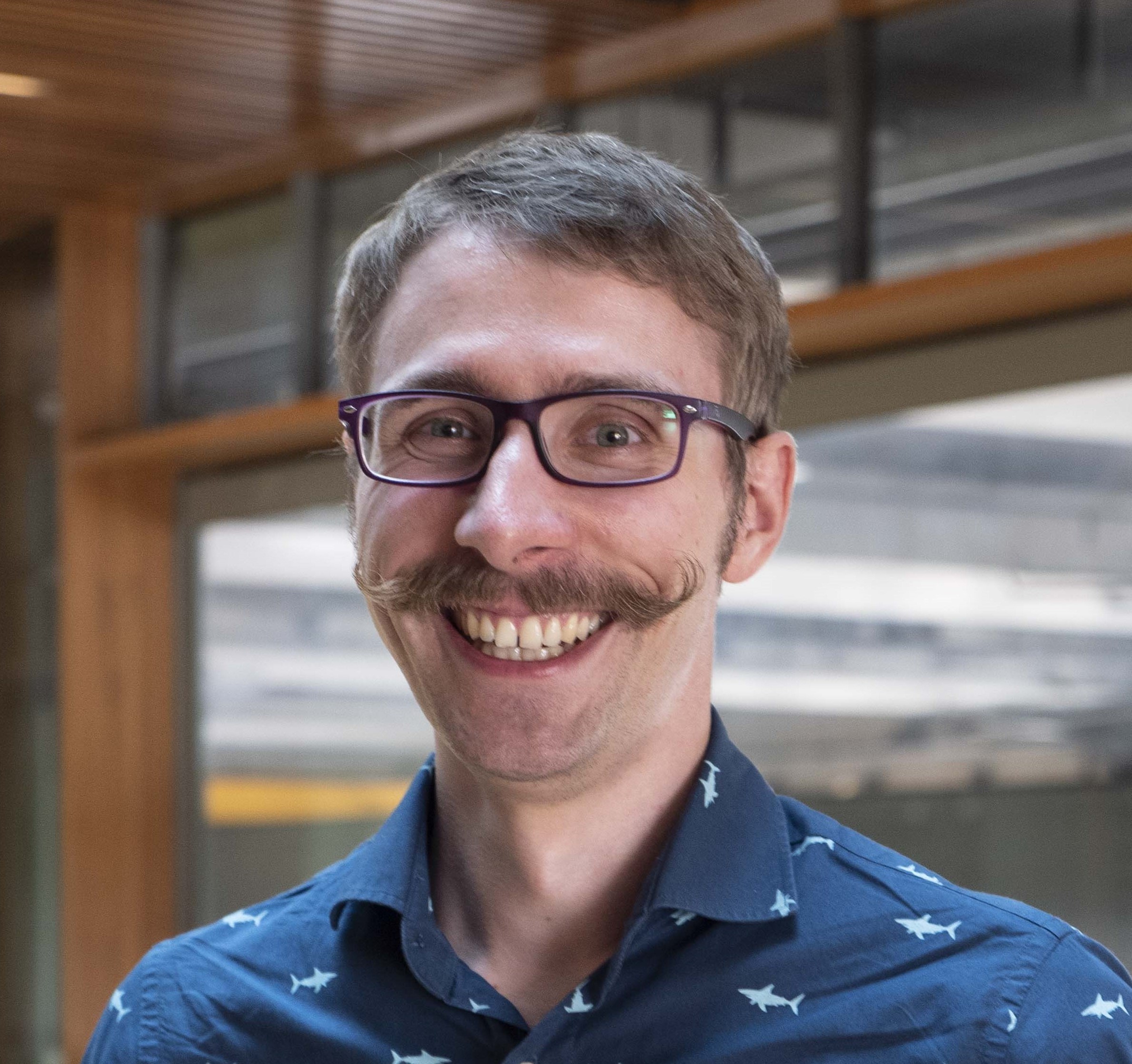 Dr Felix Wiesner is an Assistant Professor at the University of British Columbia and study the role of engineered timber in fire safety. I work in the Faculty of Forestry as part of the Wood Science department. My research focus has mostly been experimental, considering fire dynamics in timber compartments and the structural fire capacity of engineered timber products. In addition, I am interested in the performance of timber in exterior building or infrastructure setting. This closely interfaces with wildfire considerations for the wildland urban interface (WUI), especially when it comes to smouldering.
Dr Felix Wiesner is an Assistant Professor at the University of British Columbia and study the role of engineered timber in fire safety. I work in the Faculty of Forestry as part of the Wood Science department. My research focus has mostly been experimental, considering fire dynamics in timber compartments and the structural fire capacity of engineered timber products. In addition, I am interested in the performance of timber in exterior building or infrastructure setting. This closely interfaces with wildfire considerations for the wildland urban interface (WUI), especially when it comes to smouldering.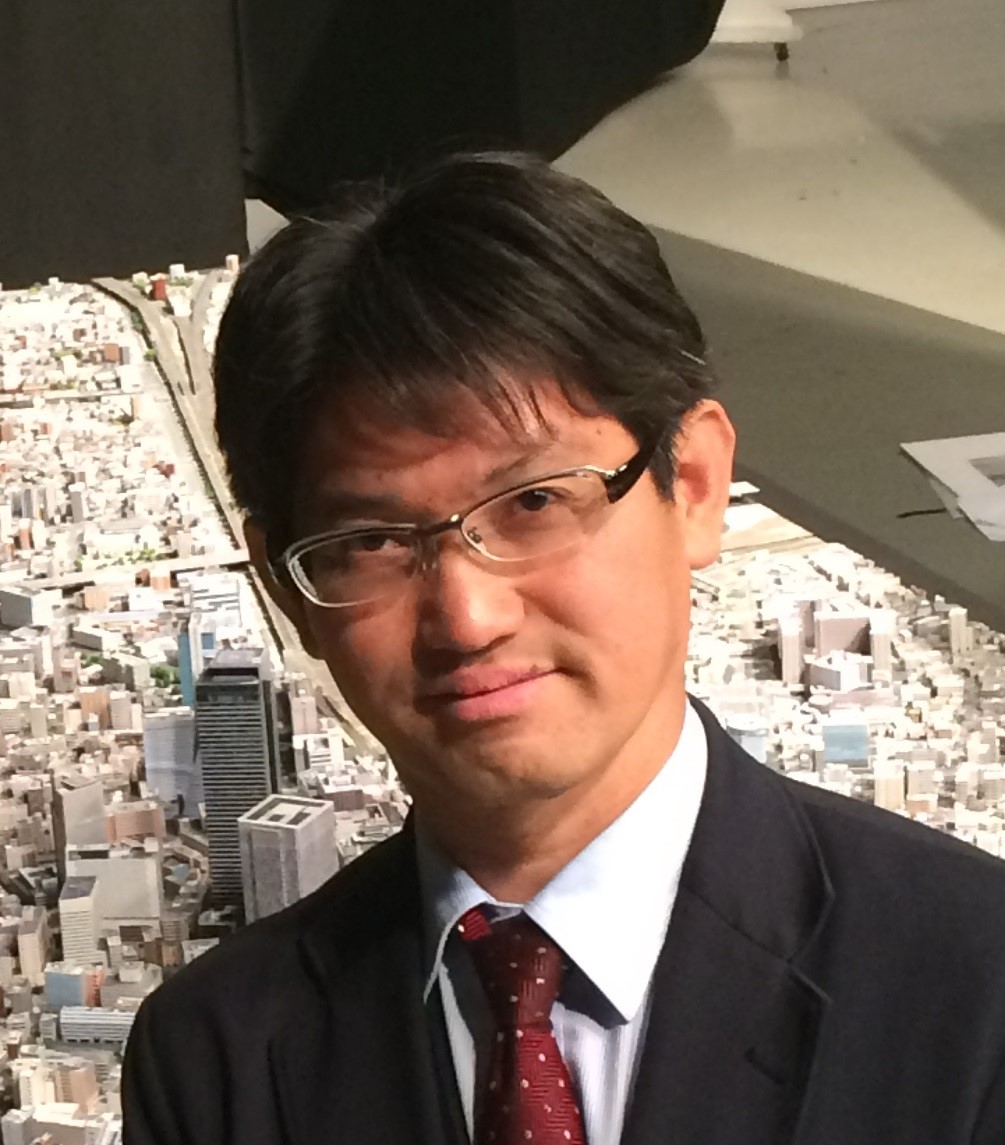 Prof. Yuji Nakamura is Full Professor in Department of Mechanical Engineering, Toyohashi University of Technology (TUT), appointed as Affiliate Full Professor in Center for Fire Science and Technology, Tokyo University of Science (since 2014). He currently serves the Head of Energy Conversion Laboratory and appointed as Department Chair since 2024. Prof. Nakamura has made professional service in Fire Science Community served as Management Committee of IAFSS during 2021-2023, worked as Co-chair of LOC in the most recent IAFSS symposium at Tsukuba, acting Associate Editor of Fire Technology since 2014 and board member of Fire Safety Journal since 2017.
Prof. Yuji Nakamura is Full Professor in Department of Mechanical Engineering, Toyohashi University of Technology (TUT), appointed as Affiliate Full Professor in Center for Fire Science and Technology, Tokyo University of Science (since 2014). He currently serves the Head of Energy Conversion Laboratory and appointed as Department Chair since 2024. Prof. Nakamura has made professional service in Fire Science Community served as Management Committee of IAFSS during 2021-2023, worked as Co-chair of LOC in the most recent IAFSS symposium at Tsukuba, acting Associate Editor of Fire Technology since 2014 and board member of Fire Safety Journal since 2017.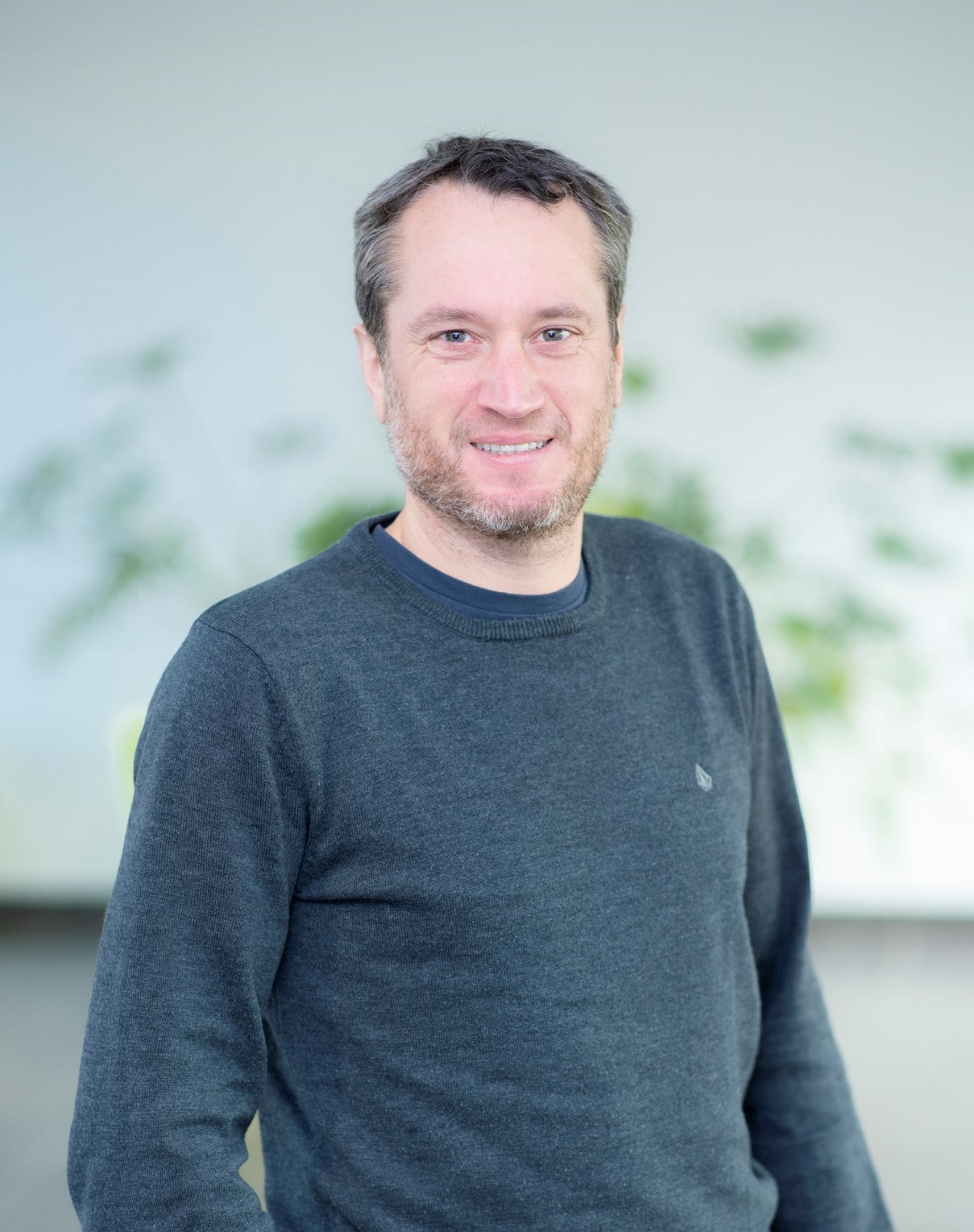 ROGAUME Thomas is an Professor at the University of Poitiers – Pprime Institute (UPR3346 CNRS), FRANCE.
ROGAUME Thomas is an Professor at the University of Poitiers – Pprime Institute (UPR3346 CNRS), FRANCE. Yu Wang is a professor at the State Key Laboratory of Fire Science, University of Science and Technology of China (USTC). He got joint Ph.D. from USTC and the City University of Hong Kong in 2016 and had working experience at the University of Edinburgh, Worcester Polytechnic Institute and National University of Singapore before returning to China in 2020. His primary research areas are high-rise building fire and large outdoor fire. Yu has published over 50 SCI journal papers, and is currently an Associate Editor in Fire Technology and Editorial Board Member in Fire Safety Journal. He initiated the first English fire course at USTC, Introduction of Fire Dynamics, reported by China News and People’s Daily Online (over 260,000 audiences). In recent years, he has received SFPE Global 5 Under 35 Award, Youth May Fourth Medal (Anhui Province), Young Faculty Career Award (USTCAF), and some Best Paper/Presentation/Poster/Image Awards in IAFSS or AOSFST.
Yu Wang is a professor at the State Key Laboratory of Fire Science, University of Science and Technology of China (USTC). He got joint Ph.D. from USTC and the City University of Hong Kong in 2016 and had working experience at the University of Edinburgh, Worcester Polytechnic Institute and National University of Singapore before returning to China in 2020. His primary research areas are high-rise building fire and large outdoor fire. Yu has published over 50 SCI journal papers, and is currently an Associate Editor in Fire Technology and Editorial Board Member in Fire Safety Journal. He initiated the first English fire course at USTC, Introduction of Fire Dynamics, reported by China News and People’s Daily Online (over 260,000 audiences). In recent years, he has received SFPE Global 5 Under 35 Award, Youth May Fourth Medal (Anhui Province), Young Faculty Career Award (USTCAF), and some Best Paper/Presentation/Poster/Image Awards in IAFSS or AOSFST.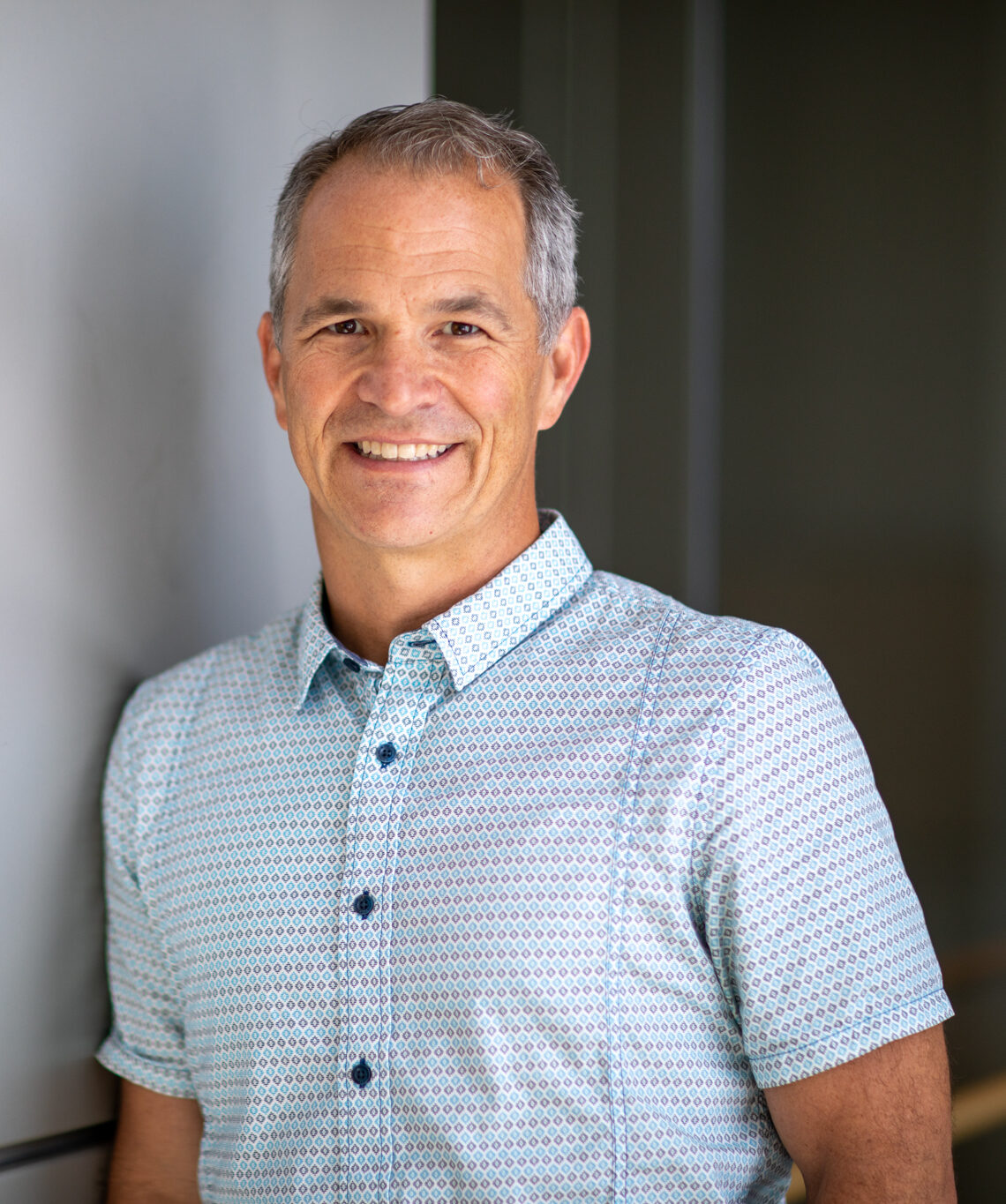 Brian Lattimer, Ph.D. is a Professor in Mechanical Engineering at Virginia Tech where he performs experimental and computational research on fire safety and disaster resilience. He has nearly 30 years of experience in fire related research. His research areas include material behavior in fires, fire dynamics, suppression agents, heat transfer from fires to surfaces, structural response during fire, and firefighting technology.
Brian Lattimer, Ph.D. is a Professor in Mechanical Engineering at Virginia Tech where he performs experimental and computational research on fire safety and disaster resilience. He has nearly 30 years of experience in fire related research. His research areas include material behavior in fires, fire dynamics, suppression agents, heat transfer from fires to surfaces, structural response during fire, and firefighting technology.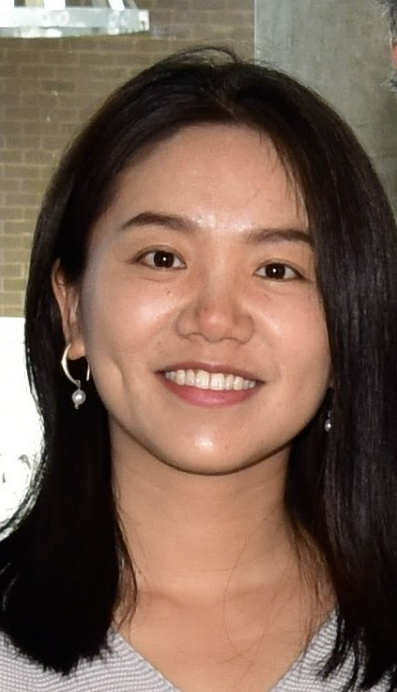 Dr. Shuna Ni is an Assistant Professor in the Department of Fire Protection Engineering at the University of Maryland, College Park. She received her Ph.D. degree at Texas A&M University in 2018 and her Master’s degree at Tongji University in 2013. Dr. Ni’s research focuses on fire forensics, structural fire engineering, WUI fire resilience, fire safety of tall mass-timber buildings and fire-related multiple hazards. Her research has been funded by National Science Foundation, National Institute of Justice, Fire Protection Research Foundation, University Transportation Centers under the Department of Transportation, Grand Challenges Grants Program at the University of Maryland and industrial partners.
Dr. Shuna Ni is an Assistant Professor in the Department of Fire Protection Engineering at the University of Maryland, College Park. She received her Ph.D. degree at Texas A&M University in 2018 and her Master’s degree at Tongji University in 2013. Dr. Ni’s research focuses on fire forensics, structural fire engineering, WUI fire resilience, fire safety of tall mass-timber buildings and fire-related multiple hazards. Her research has been funded by National Science Foundation, National Institute of Justice, Fire Protection Research Foundation, University Transportation Centers under the Department of Transportation, Grand Challenges Grants Program at the University of Maryland and industrial partners.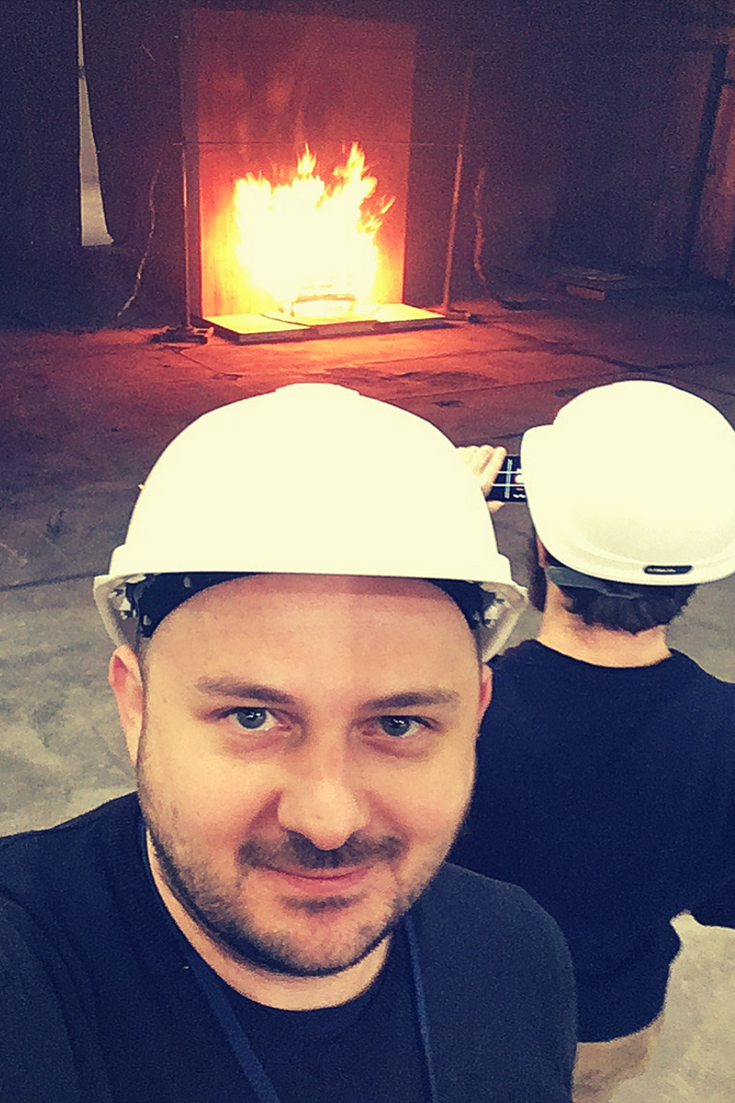 Dr Wojciech Węgrzyński is with ITB, that is the Polish Building Research Institute in Warsaw. He currently holds the position of the Deputy Head of Fire Research Department and the Professor of the Institute, and a Director at SFPE Europe. He is the Author of 40 peer-reviewed papers published in all of the primary FSE journals. His main area of interest is the fundamentals of compartment fire dynamics and standardized fire testing, and also: use of computational fluid dynamics in fire, wind and fire interaction and evaluation of the effects of the spread of smoke in buildings. His research is focused on the impact of the architectural context of the building on the smoke control performance, as well as finding solutions to make the smoke exhaust systems cheaper and more efficient. Member of the Sub-committee for Research of the IAFSS. 2018 NFPA Harry C. Bigglestone Award Recipient; 2019 Jack Watts Award Recipient; 2020 SFPE 5 Under 35 Award Recipient. Member of Editorial Board of ‘Fire Technology. Hosts a fire podcast at
Dr Wojciech Węgrzyński is with ITB, that is the Polish Building Research Institute in Warsaw. He currently holds the position of the Deputy Head of Fire Research Department and the Professor of the Institute, and a Director at SFPE Europe. He is the Author of 40 peer-reviewed papers published in all of the primary FSE journals. His main area of interest is the fundamentals of compartment fire dynamics and standardized fire testing, and also: use of computational fluid dynamics in fire, wind and fire interaction and evaluation of the effects of the spread of smoke in buildings. His research is focused on the impact of the architectural context of the building on the smoke control performance, as well as finding solutions to make the smoke exhaust systems cheaper and more efficient. Member of the Sub-committee for Research of the IAFSS. 2018 NFPA Harry C. Bigglestone Award Recipient; 2019 Jack Watts Award Recipient; 2020 SFPE 5 Under 35 Award Recipient. Member of Editorial Board of ‘Fire Technology. Hosts a fire podcast at  Jennifer Wen is currently Professor of Energy Resilience in the School of Mechanical Engineering Sciences, University of Surrey as Professor. Previously, Jennifer held positions at Computational Dynamics Limited (founding vendor of STAR-CCM), British Gas plc, South Bank University, Kingston University London, and University of Warwick. She is a Fellow of the Institution of Mechanical Engineers and Vice-Chair for Research for the International Association for Fire Safety Science. Jennifer is also a member and sub-task leader of the European Safety Panel on Hydrogen Safety (EHSP) established by the Fuel Cell and Hydrogen Joint Undertaking (now Clean Hydrogen Partnership) of the European Commission. She is an Associate Editor for the Proceedings of the Combustion Institute.
Jennifer Wen is currently Professor of Energy Resilience in the School of Mechanical Engineering Sciences, University of Surrey as Professor. Previously, Jennifer held positions at Computational Dynamics Limited (founding vendor of STAR-CCM), British Gas plc, South Bank University, Kingston University London, and University of Warwick. She is a Fellow of the Institution of Mechanical Engineers and Vice-Chair for Research for the International Association for Fire Safety Science. Jennifer is also a member and sub-task leader of the European Safety Panel on Hydrogen Safety (EHSP) established by the Fuel Cell and Hydrogen Joint Undertaking (now Clean Hydrogen Partnership) of the European Commission. She is an Associate Editor for the Proceedings of the Combustion Institute.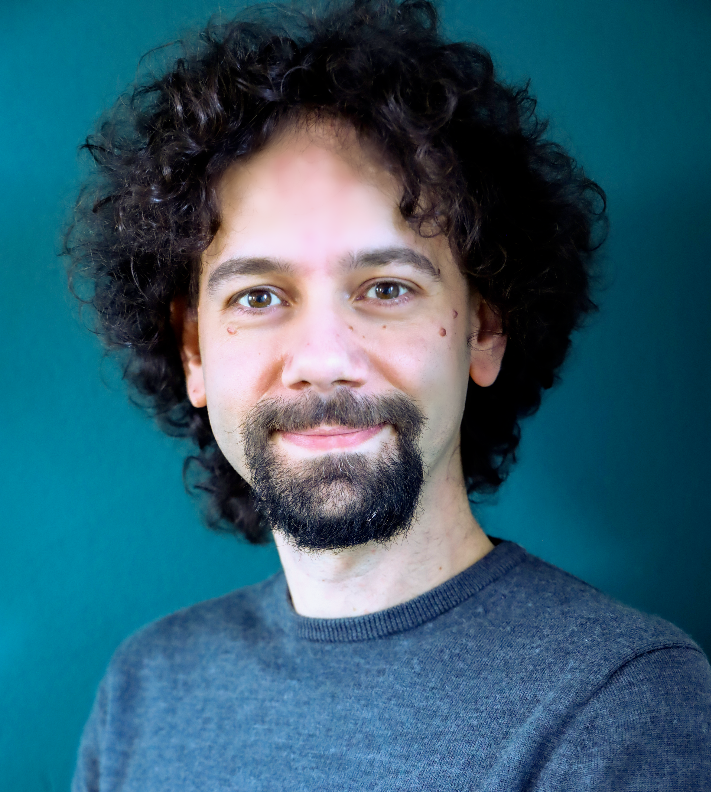 Enrico Ronchi is an Associate Professor at Lund University, Sweden. His research and education activities are focused on evacuation and human behaviour in case of building fires and wildfires. His work has been published in over 150 publications (including >90 peer-reviewed journal papers). He is currently Associate Editor for the journals Fire Technology and Safety Science and member of the editorial board of the Fire Safety Journal.
Enrico Ronchi is an Associate Professor at Lund University, Sweden. His research and education activities are focused on evacuation and human behaviour in case of building fires and wildfires. His work has been published in over 150 publications (including >90 peer-reviewed journal papers). He is currently Associate Editor for the journals Fire Technology and Safety Science and member of the editorial board of the Fire Safety Journal.